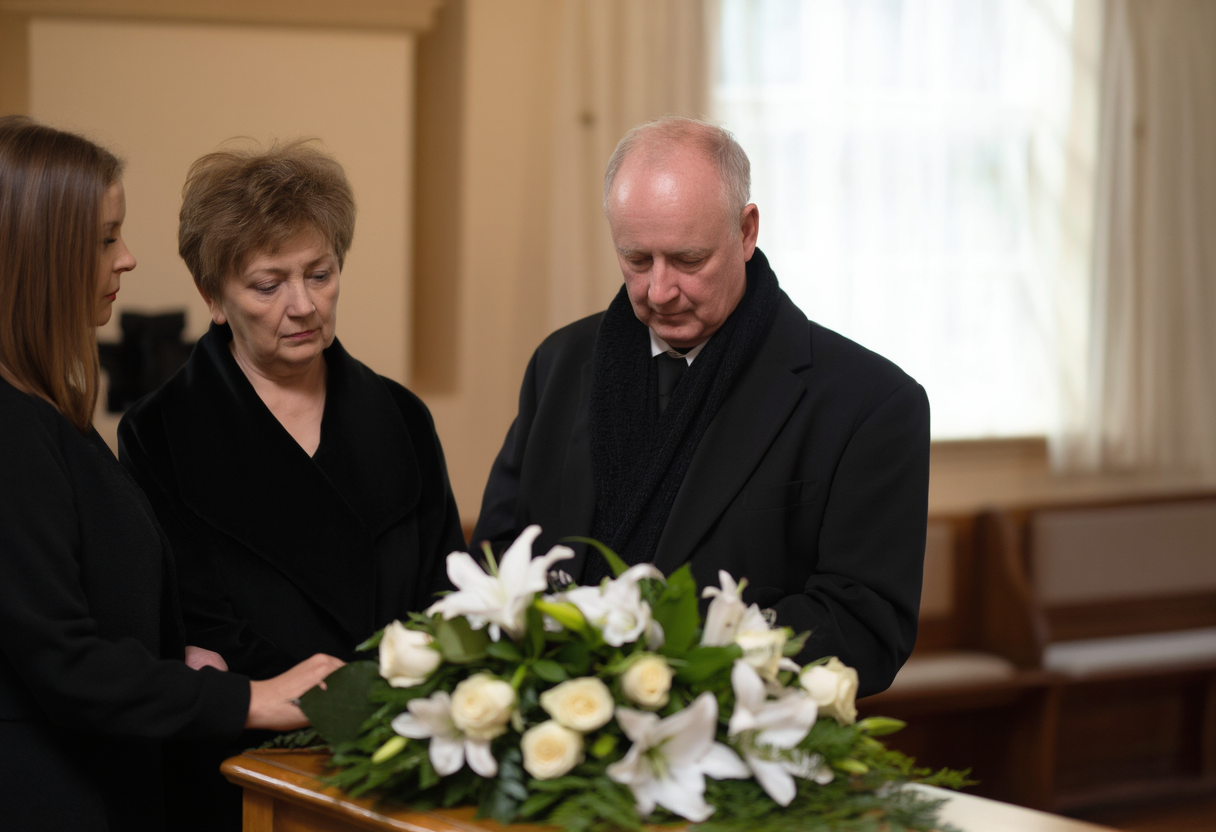Navigating the Challenges of Funeral Service Planning Effectively
Funeral Service Planning can feel daunting amidst grief and confusion. This article explores practical approaches to manage planning challenges, including emotional support, budgeting strategies, and personalization options, ensuring a respectful and meaningful farewell for loved ones.
Recognizing Emotional Challenges in Funeral Planning
Funeral Service Planning often presents emotional challenges that can overwhelm families. Grief manifests in different ways, making it difficult to make coherent decisions. It's essential to acknowledge these feelings and allow space for healthy mourning. Conversations with trusted friends or support groups may aid in processing emotions. Creating an environment where family members can express their thoughts and feelings fosters unity, enabling better decision-making together. Engaging in self-care and seeking professional help when necessary can aid families in navigating these emotional hurdles. Ultimately, recognizing emotional challenges is the first step in more effective Funeral Service Planning.
Balancing Costs While Honoring Traditions
Balancing costs with traditional expectations is a common dilemma in Funeral Service Planning. Families want to honor their loved ones but are often constrained by financial limitations. Researching local customs can help identify which traditions hold the most significance, potentially allowing for modifications that honor while simplifying the process. Prioritize key aspects of the service that truly matter to your family. Collaborating with funeral homes can provide insight into cost-saving alternatives without compromising the essence of the ceremony. Hence, effective communication and careful prioritization are necessary when balancing financial and traditional obligations.
Exploring Innovative Personalization Trends
In today's world, Funeral Service Planning increasingly embraces personalization. Families are encouraged to think outside the box, creating services that reflect unique stories and values. Options like digital memorials, themed services, or special readings can foster deeper connections and provide a memorable experience for attendees. Involving family members in the personalization process can elevate the significance of the tribute, turning grief into a collaborative effort towards healing. Therefore, engaging in innovative personalization trends during Funeral Service Planning can create a comforting environment for all participants.
Documenting and Organizing Key Information
Efficient documentation and organization play a vital role in Funeral Service Planning. Keeping track of important details, such as the deceased’s preferences, contact information, and legal documents, streamlines the planning process. Utilizing checklists and templates can help families stay organized during this chaotic time. Digital tools offer easy access to documentation, ensuring that all necessary information is readily available when needed. Therefore, maintaining a systematic approach throughout Funeral Service Planning can lead to enhanced focus and improved execution of essential tasks.
Understanding Cultural Sensitivity in Planning
Cultural sensitivity is a pertinent consideration in Funeral Service Planning, particularly in diverse communities. Recognizing and respecting cultural practices and rituals is paramount to honoring the deceased appropriately. Families should engage in open discussions about cultural or religious requirements, ensuring a shared understanding of expectations. This not only influences the choice of service but also creates an inclusive environment for all attendees. Collaborating with culturally aware professionals can enhance the planning process, ensuring that Funeral Service Planning aligns with the deceased’s heritage.
Seeking Support: Engaging External Professionals
Engaging external professionals can be invaluable during Funeral Service Planning. Funeral directors, legal advisors, and grief counselors can provide expert guidance that alleviates stress. Understanding the intricacies of services and legalities can help families navigate this complex terrain more efficiently. It's good practice to consider pre-arrangements or consultations to gather information without immediate pressure. By seeking support, families can ensure that their wishes and needs are met with compassion and professionalism, enhancing the overall experience of Funeral Service Planning.
